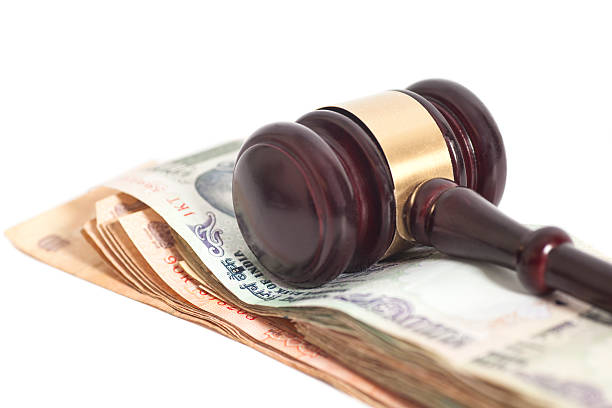
New York Penalties For First Time DWI
Driving while intoxicated is an incredibly serious crime. The punishments for a first time DUI conviction are severe and can have lasting impacts on your life.
Most states classify a first time DWI as a misdemeanor. This means that you could face fines, jail, license suspension and possible supervision.
Fines
Driving under the influence is a criminal offense that has very harsh consequences both for the person charged with the crime and those who are affected by it. In most states, first time DUIs are categorized as misdemeanors.
However, a first-time DWI conviction can carry extremely severe penalties, including fines, jail time, and the suspension of one’s driver’s license.
A first-time DWI offense is considered a Class B misdemeanor in Texas.
It can result in a fine of up to $2,000 and up to 180 days in county jail.
If you are convicted of a second DWI, the charge becomes a Class A misdemeanor, and the fine doubles to $4,000 and up to 1 year in county jail.
Jail
Most states treat first time DUIs as misdemeanors. The punishments that come with this conviction can be severe.
The jail sentence associated with a first time DWI depends on the bodily alcohol content of the offender and the circumstances of their arrest. For example, a first time DWI offender who did not cause an accident and had a BAC of less than 0.10% may be punished with minimal penalties.
A first time DWI offender with a higher BAC could face longer jail terms and more fines. Additionally, their license will be suspended for a longer period of time.
If your first time DWI is related to another crime, such as causing an injury or death, it will be classified as a felony. This type of charge will carry a minimum jail sentence, even if the Judge grants probation.
License Suspension
If you have been arrested for driving while intoxicated (DWI) in New York, your driver’s license will be suspended until your case is resolved. The length of time your license is suspended depends on the charges against you and your BAC level at the time of arrest.
A convicted DWI driver will also be responsible for paying a driver responsibility assessment. This can be as much as $250 per year for three years.
You will be required to complete a driver’s license rehabilitation program before you can get your driver’s license reinstated. This includes completing IDPs, probation meetings and other evaluations as ordered by the court.
The suspension and revocation of your driver’s license can make it difficult for you to drive and can have an immediate impact on your insurance rates. However, you may be eligible to obtain a conditional or restricted license while your case is being resolved. Our firm can help you avoid the full consequences of a first time DWI and fight to have your license reinstated.
Ignition Interlock Device
In the US, drivers are required to install an ignition interlock device after a first time DUI. This is a legal requirement to reduce the number of repeat drunk driving offenses.
The device is a breathalyzer that prevents a driver from starting a vehicle if the individual’s breath alcohol concentration is above an acceptable level. Modern devices use fuel cell technology, which measures alcohol using a chemical oxidation reaction.
During an offender’s first year following a DUI, they will have to install the ignition interlock device on every vehicle they drive. The device can be installed at an affordable price through an approved vendor in almost 2,000 locations nationwide, such as LifeSafer.
The length of the time that a person must have the ignition interlock device installed is dependent on many factors, such as the offender’s blood alcohol content (BAC), their previous offenses, and the type of vehicle they are operating. For first time offenders the length of the device requirement is 1 year, for second or third time offenders it is 3 years and for fourth or subsequent offenses it is 5 years.


